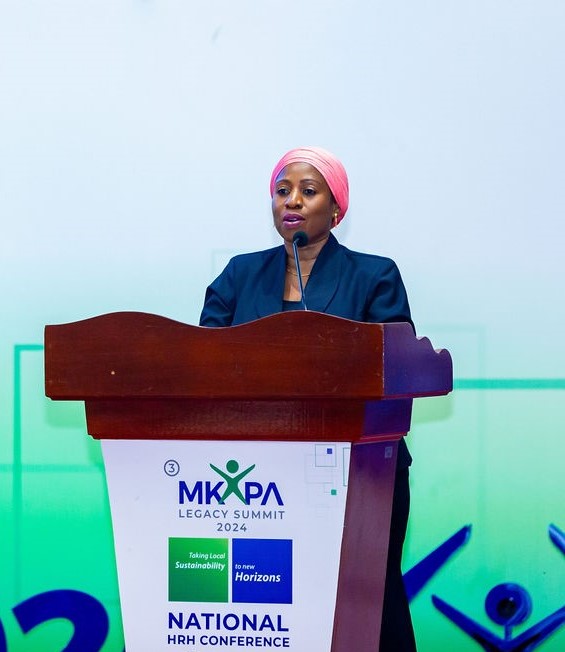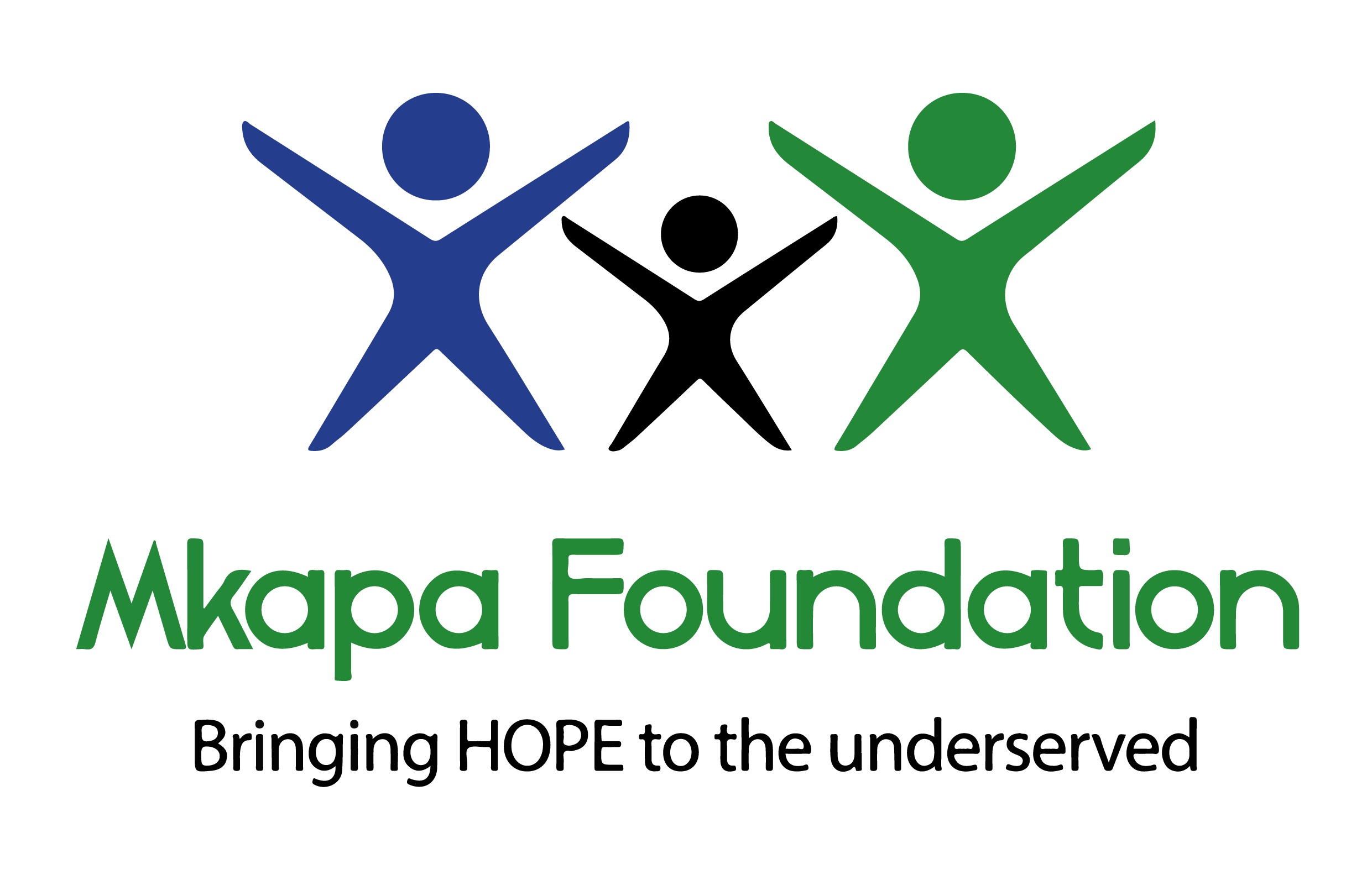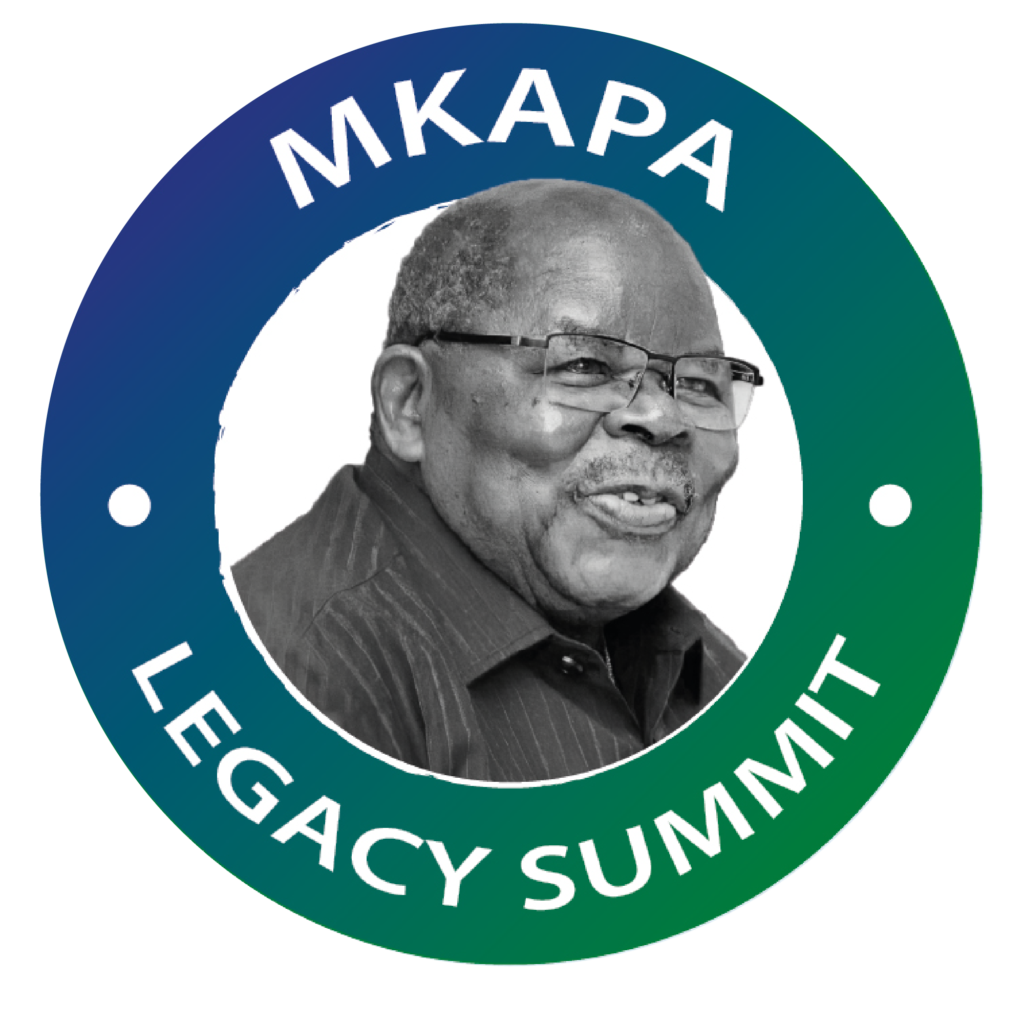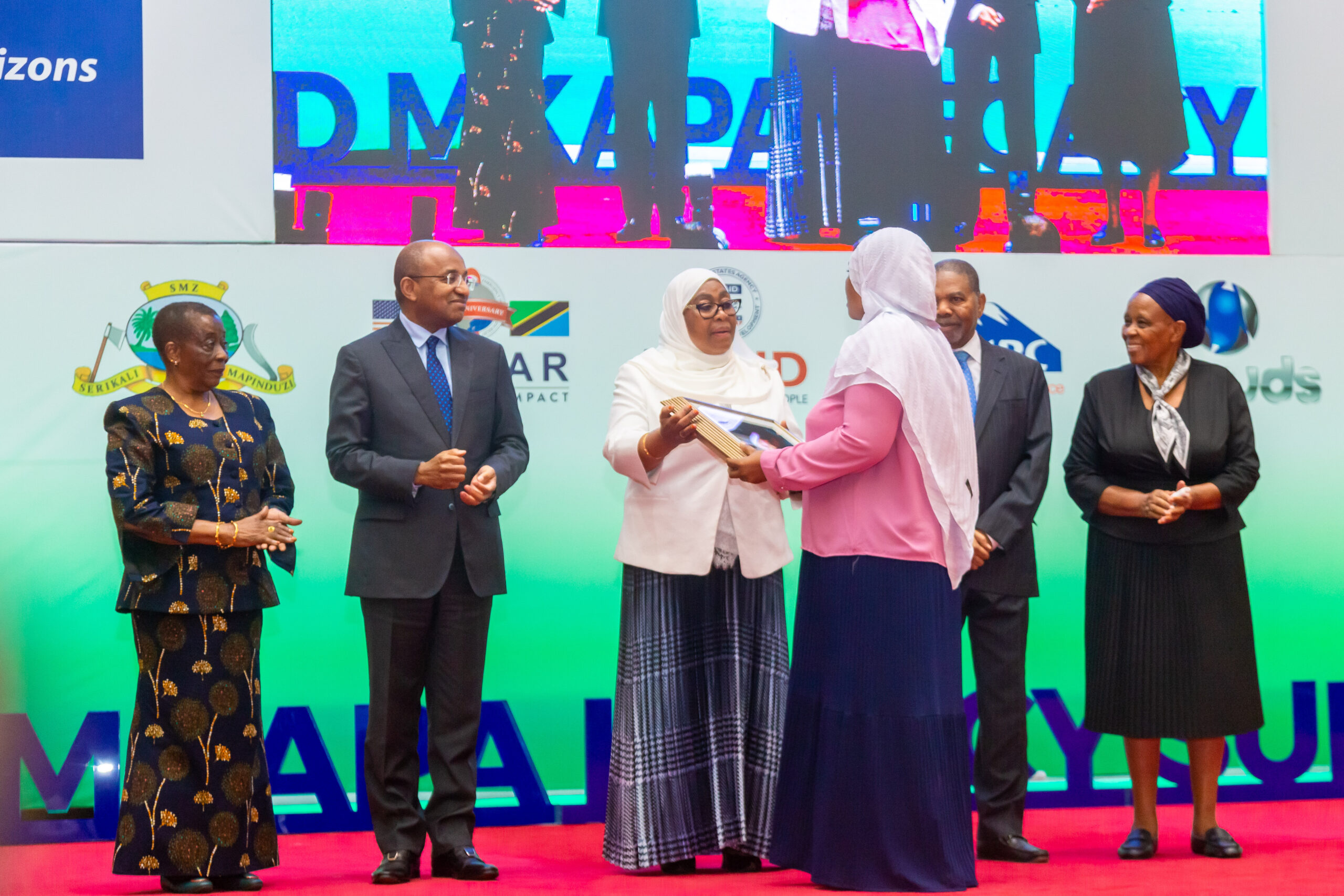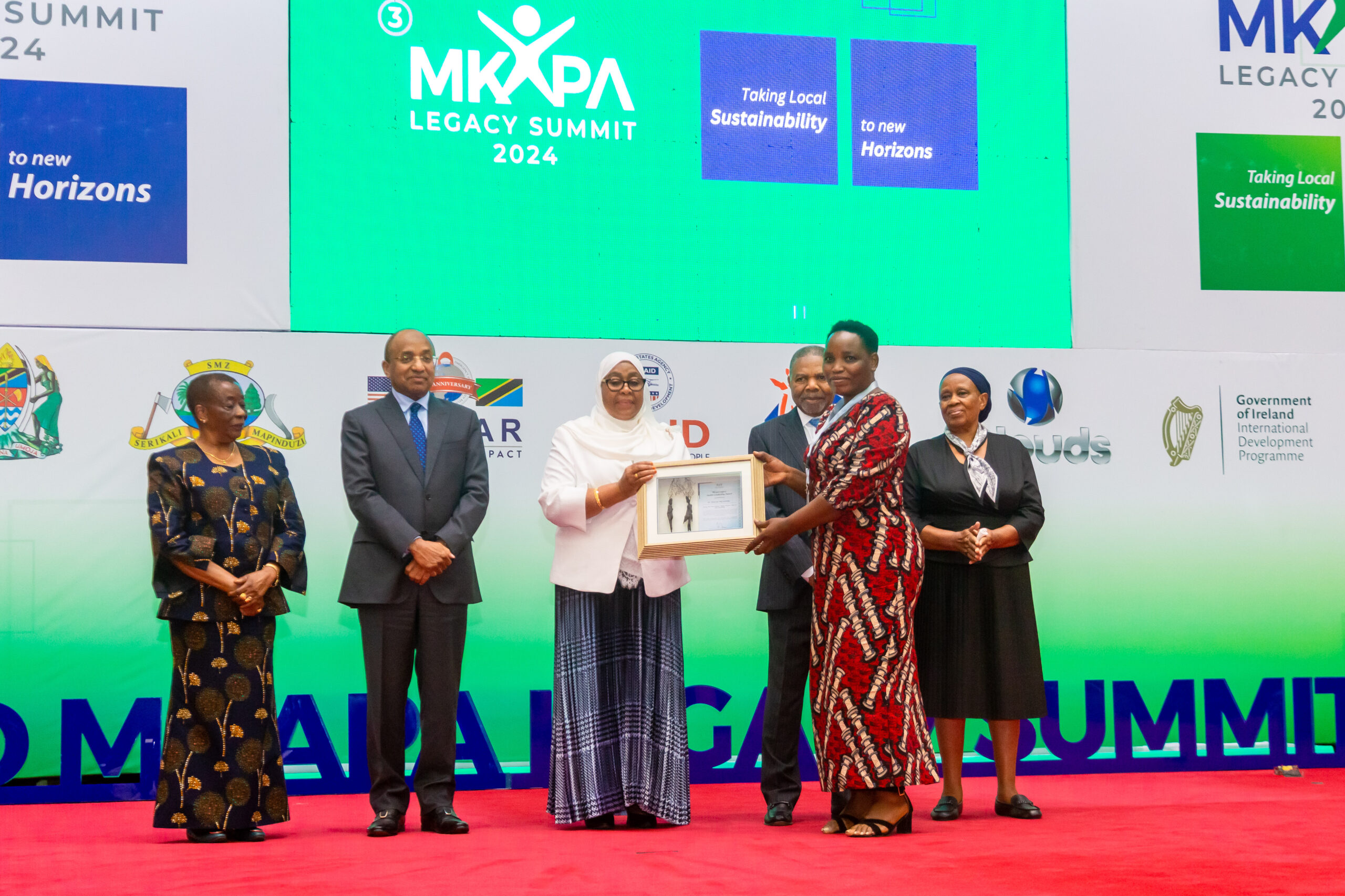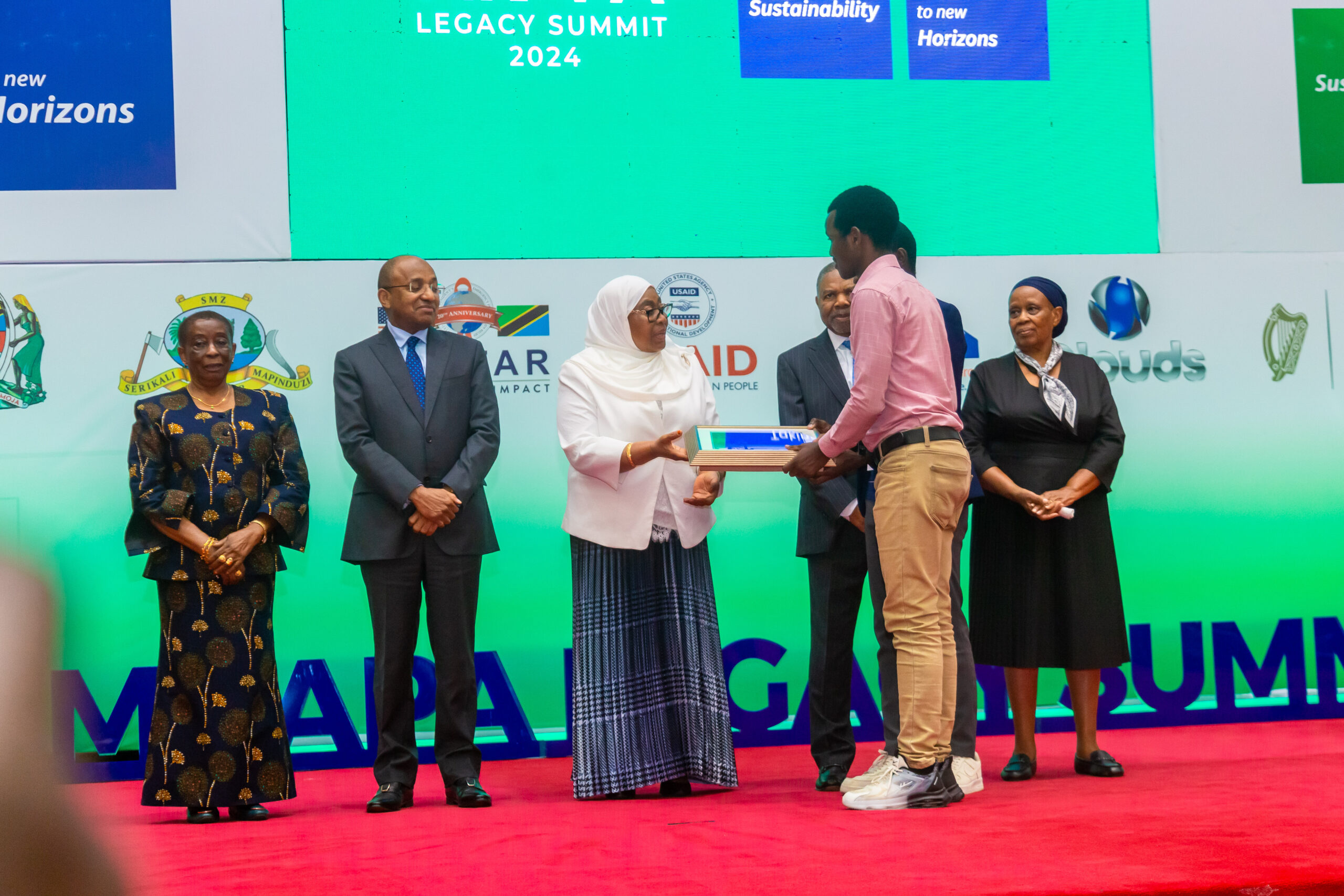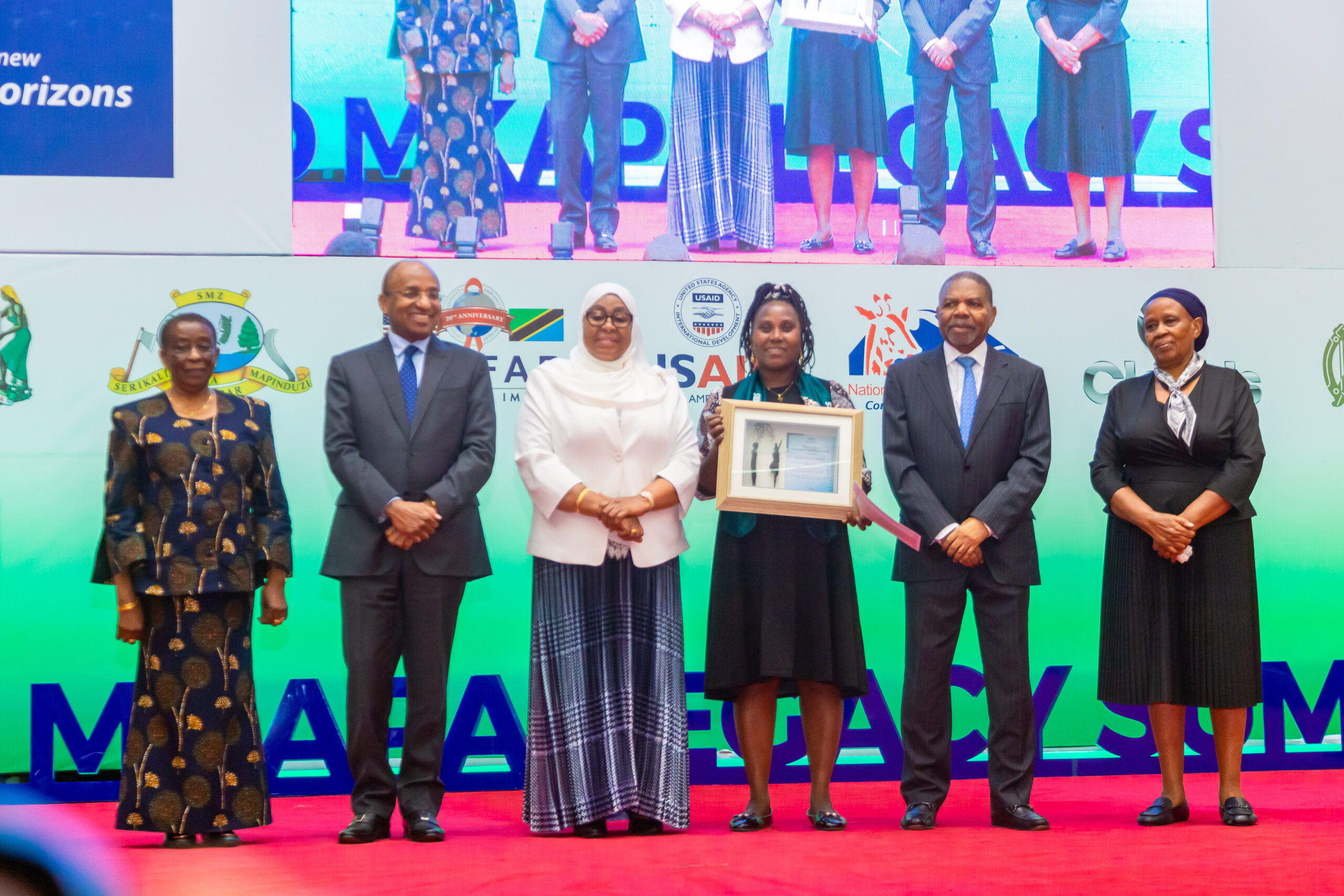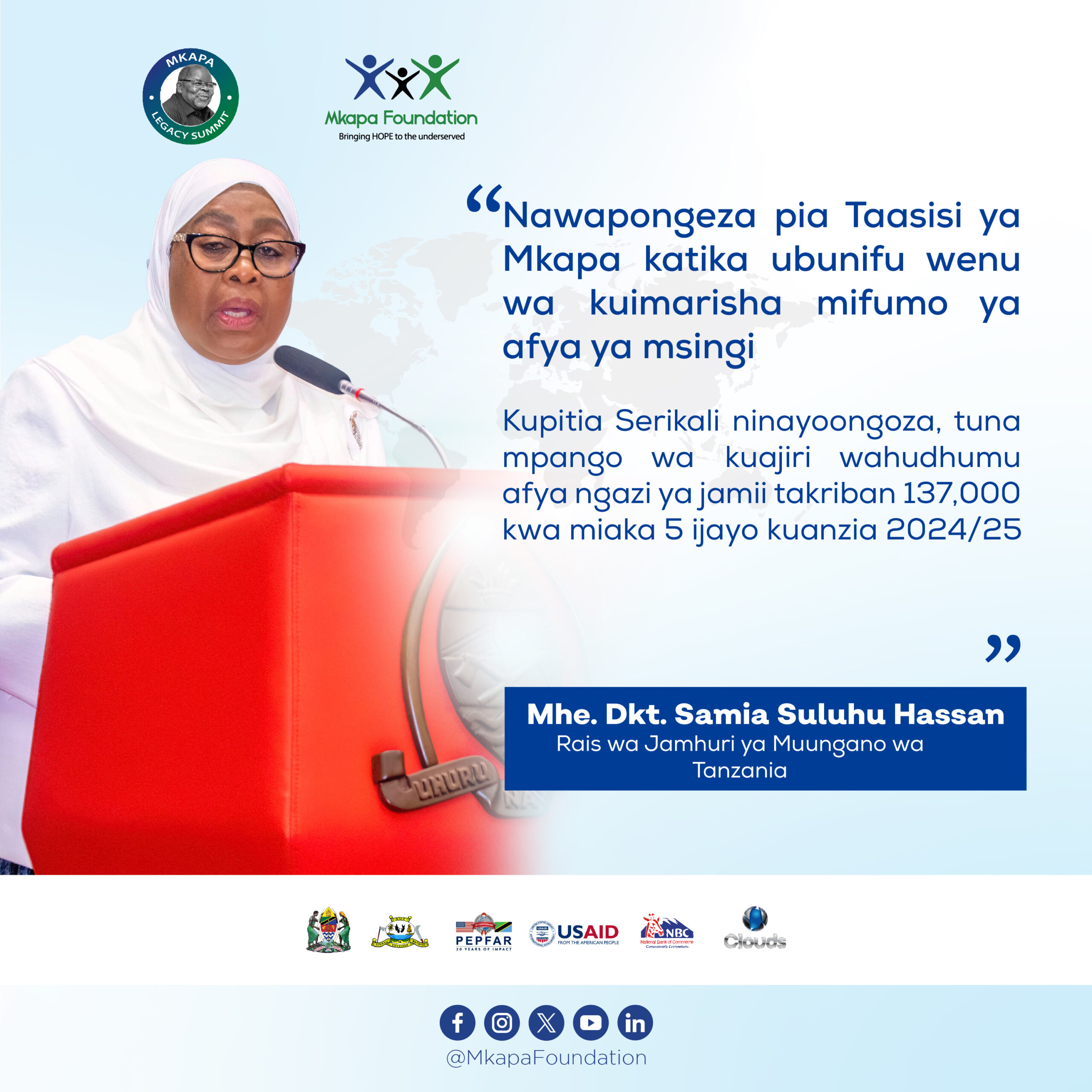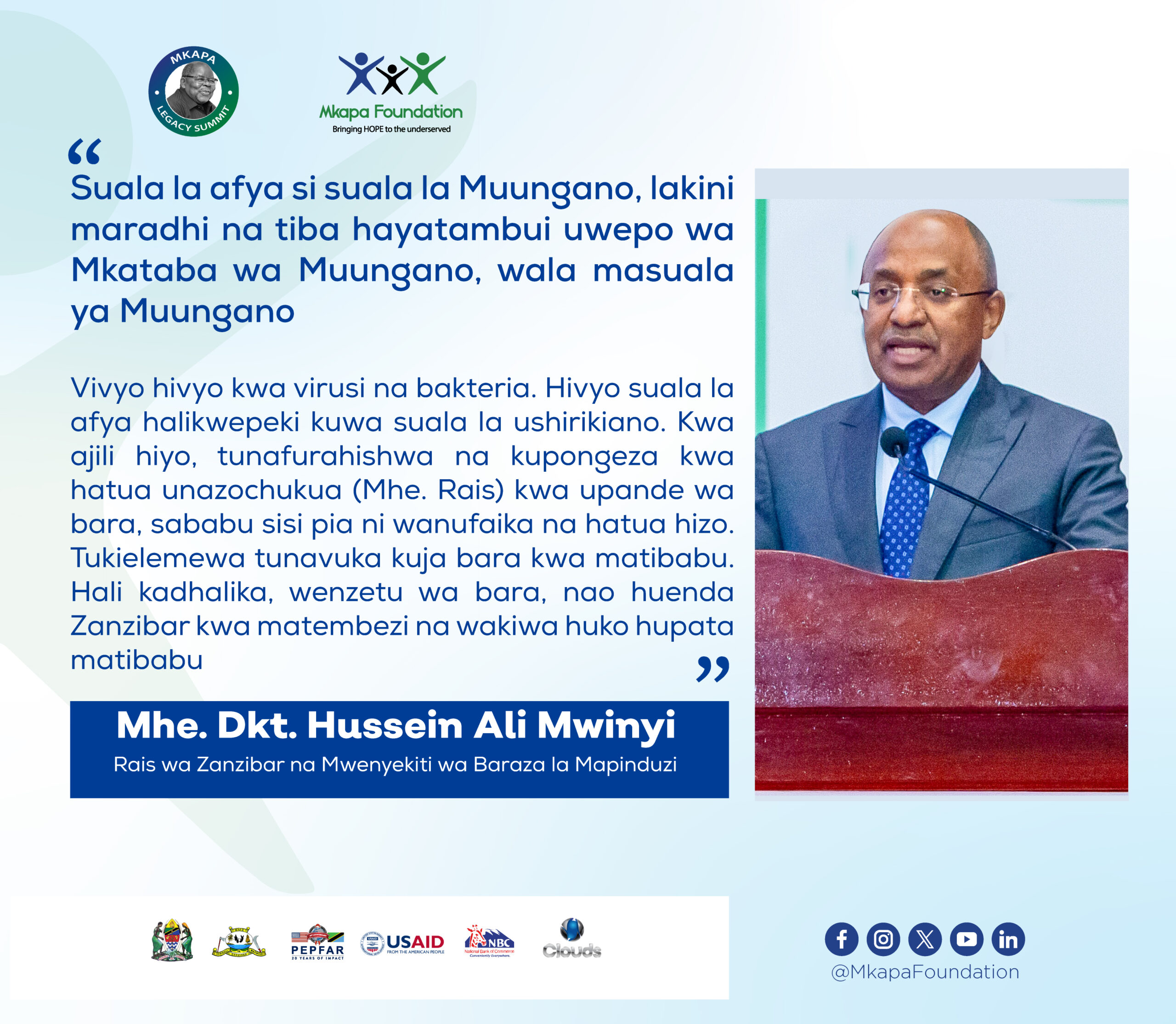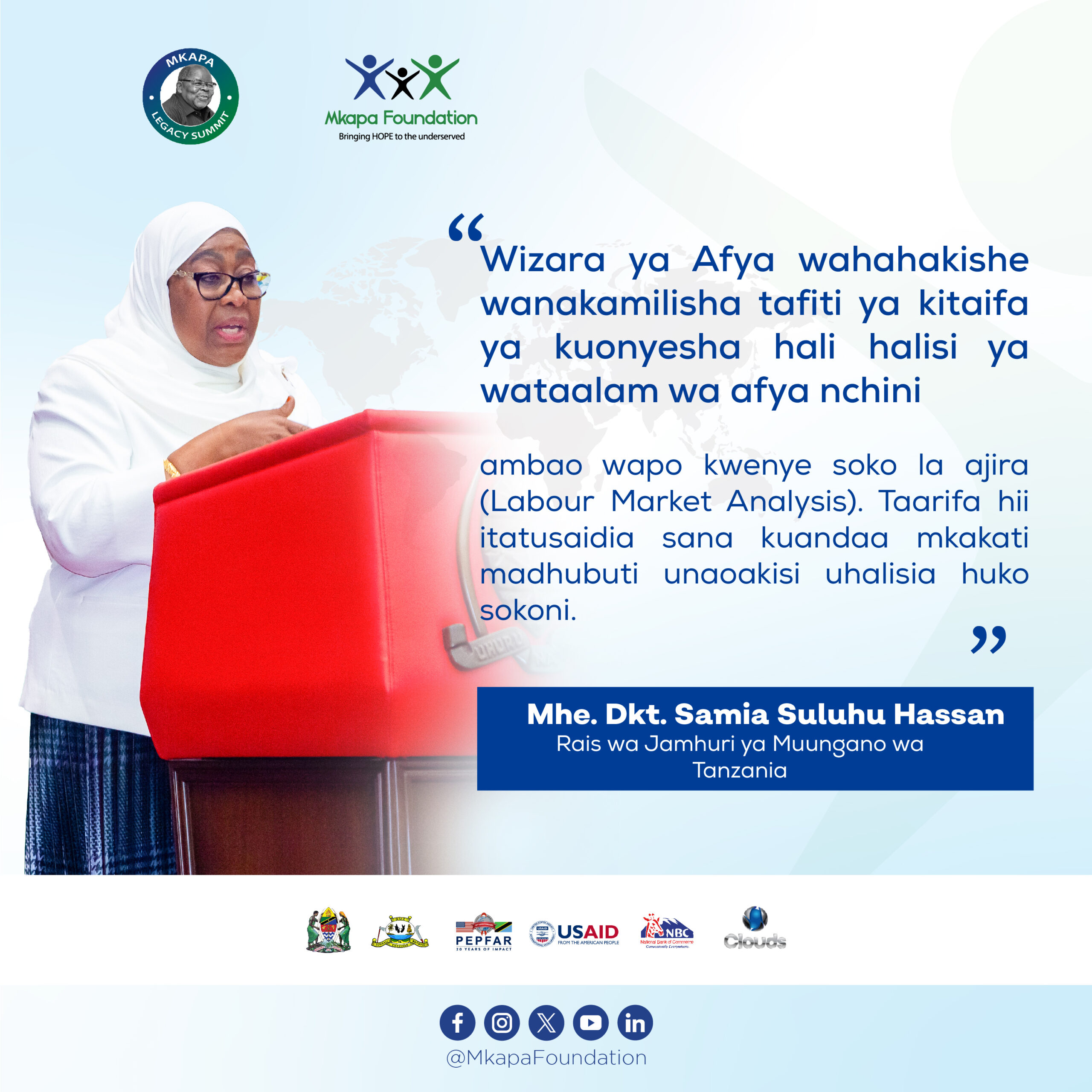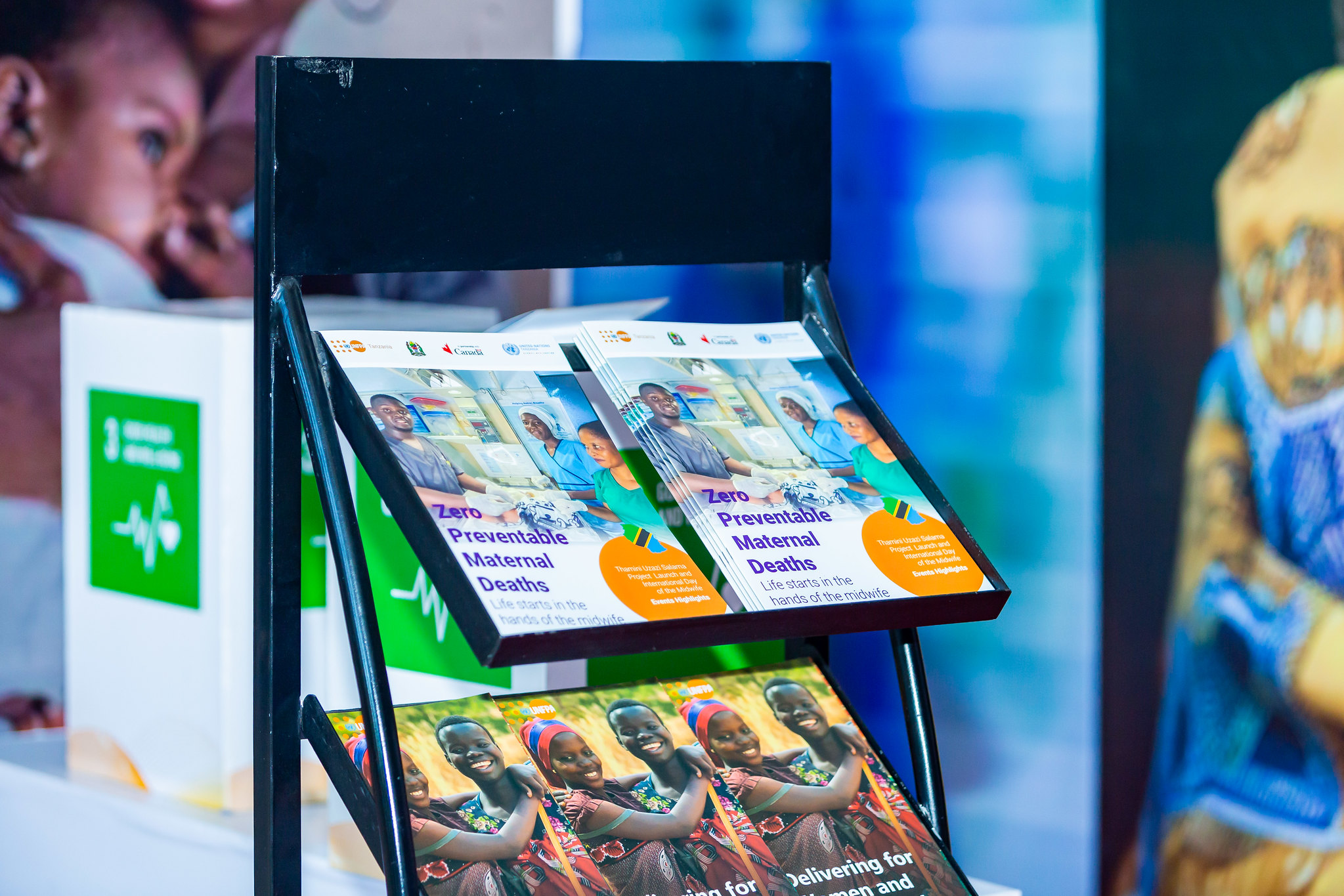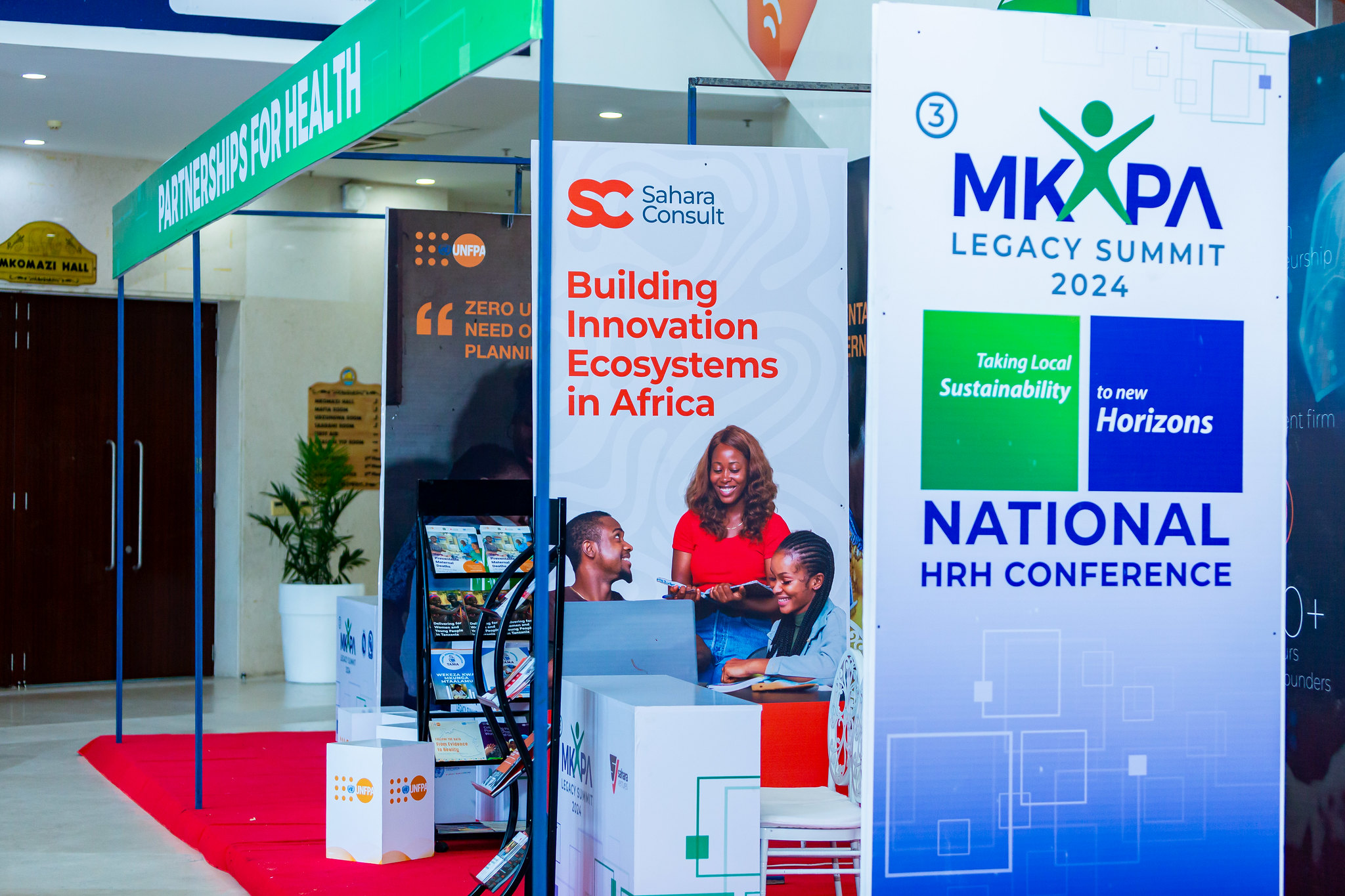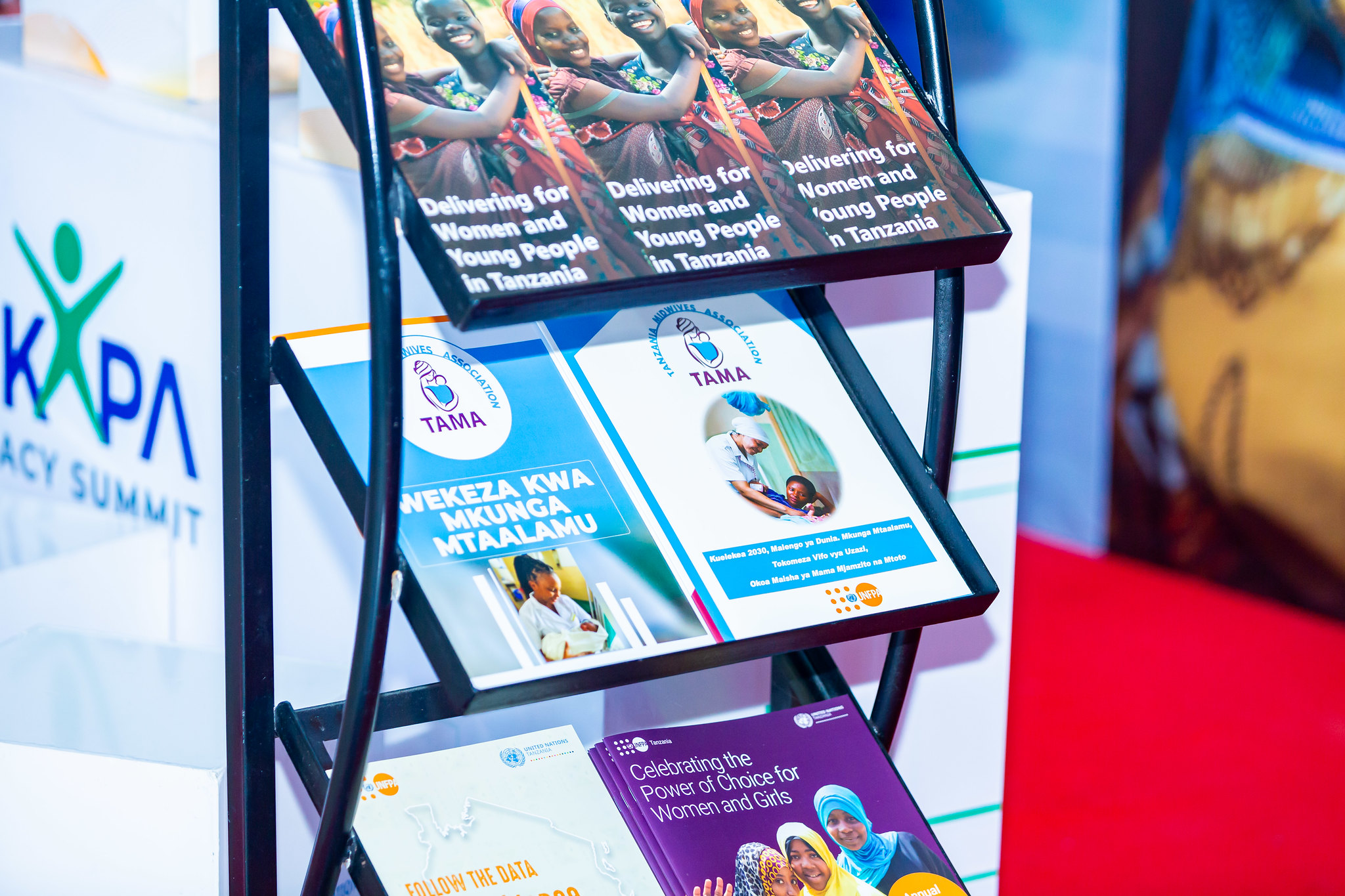Proposed Recommendations from the 2nd National Conference on Human Resources for Health
- 1. Entering Contracts with Government Hospitals
- 2. Investing in Capacity Building for Healthcare Workers
- 3. Improving Training Systems in the Health Sector
- 4. Expediting the Completion of Guidelines and Procedures
- 5. Developing Strategies for Utilizing Community Healthcare Workers
- 6. Regulating the Use of Staffing Systems
- 7. Incorporating Training Modules in Health Security Plans
- 8. Establishing Career Progression Guidelines
Engage in contracts with government hospitals that have good infrastructure but lack health professionals/staff. This involves contracting health professionals who are not employed to manage public hospitals that are short of healthcare workers.
The Ministry of Health should invest in building the capacity of health professionals to improve the quality of healthcare services. This, in turn, would increase influence within communities and encourage citizens to enroll in universal health insurance.
Update the training procedures in the health sector to align with current trends, such as technological advancements and climate change.
Relevant government authorities and the Ministry of Health should expedite the finalization of sectoral guidelines and procedures for coordinating the employment of health professionals abroad. This includes preparing training programs and integrating them into the recruitment process to meet both national and international standards.
Establish clear strategies for continuing the use of long-term Community Healthcare Workers who do not meet the formal training requirements for certification as Community Healthcare Workers (CHWs).
The government/Ministry of Health should regulate the use of systems for classifying and organizing staff based on specific criteria (e.g., WIZONI).
Ensure that the National Action Plan for Health Security and the Health Adaptation Plan for Climate Change include modules for building the capacity of staff to deliver these services.
The Ministry of Health and the Ministry of Public Service Management and Good Governance, should develop procedures and guidelines for career progression for Community Healthcare Workers
